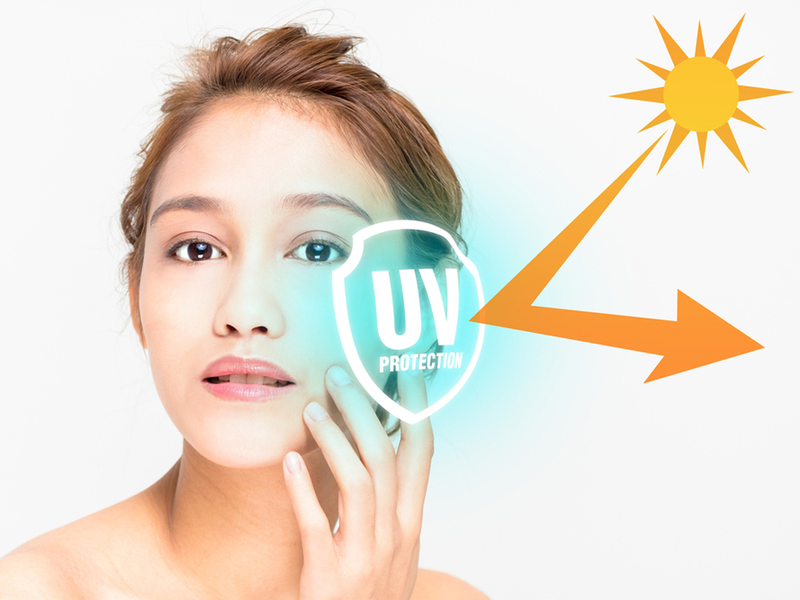
Sunscreen and Skin Cancer Risk: What You Need to Know
Sunscreen and Cancer: Is There a Real Risk?
A recent online trend has raised concerns about sunscreen and its potential link to cancer. Some influencers and self-proclaimed health experts claim that ingredients in sunscreen may increase the risk of developing cancer.
However, there is no scientific or medical evidence that sunscreen causes cancer.
According to Dr. Anisha Patel, Associate Professor of Dermatology at MD Anderson Cancer Center, University of Texas, sunscreen is not a carcinogen. While certain sunscreens were once found to contain benzene—a cancer-causing contaminant—it was not an active ingredient, and those products were immediately recalled from the market.
Dr. Patel also highlights the difference between chemical and physical sunscreens and emphasizes the importance of reapplying sunscreen throughout the day.

Why Sunscreen Matters for Skin Health
Sunscreen works by either absorbing or reflecting harmful ultraviolet (UV) rays. When used correctly, it provides essential protection and helps:
-
Prevent sunburn
-
Reduce the risk of skin cancer
-
Minimize dark spots, pigmentation, and melasma
-
Slow down skin aging and wrinkles
-
Maintain skin’s natural elasticity
Dermatologists recommend applying sunscreen as the last step in your morning skincare routine every day, regardless of the season.
Reapply every 2–3 hours, especially if you’re outdoors or sweating.
How to Choose a Safe and Effective Sunscreen
When selecting sunscreen, consider the following:
-
Choose SPF 30 or higher
-
Look for broad-spectrum protection (against UVA and UVB rays)
-
Select water-resistant formulas for swimming or outdoor activity
-
Prefer dermatologically tested and well-reviewed products
A Note on Vitamin D:
Using sunscreen may slightly reduce the skin’s ability to produce vitamin D, a vital nutrient for bone health and immune function. You can compensate by:
-
Spending 10–30 minutes in natural sunlight per week (varies by skin tone)
-
Eating vitamin D-rich foods or taking supplements

Sunlight Exposure: Good or Bad?
While excessive UV exposure increases skin cancer risk, short, safe sun exposure can help the body produce vitamin D and improve mood.
Dr. Diya Mutasim, Professor of Dermatology at the University of Cincinnati, explains that the goal is to benefit from sunlight without damaging the skin.
Tips for safe exposure:
-
Go out during early morning or late afternoon hours
-
Avoid sun between 10 a.m. and 4 p.m., especially in summer
-
Never allow your skin to burn or become visibly red or tanned
For prolonged outdoor activity:
-
Wear protective clothing (long sleeves, wide-brim hats)
-
Use a broad-spectrum, water-resistant sunscreen with at least SPF 30
-
Reapply every 2 hours or after swimming or sweating
Final Thoughts
Despite rumors circulating online, sunscreen does not cause cancer. On the contrary, it’s one of the most effective tools to protect your skin from harmful UV radiation, which is a leading cause of skin cancer.
Protecting your skin means making sunscreen part of your daily routine—along with healthy habits and mindful sun exposure. Choose wisely, apply regularly, and you’ll keep your skin safer, healthier, and younger-looking.